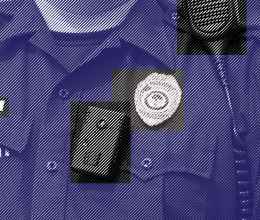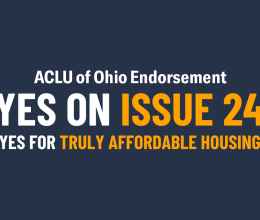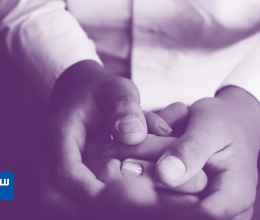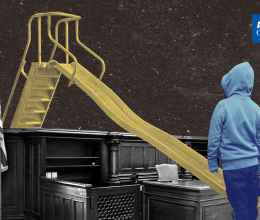When tensions flared in Ferguson, Missouri, this past summer, the billowing smoke and swelling crowds caught the nation’s attention as images of heavily armed police marched across the news and social media feeds. A conversation about race, policing, and militarization followed. Then the news cycle shifted to ISIS and Ebola, and these images disappeared as quickly as they came.
For us at the ACLU, these issues were nothing new. In June of 2014, three months before the shooting of Michael Brown ignited protest in Ferguson, the ACLU released a report on the excessive militarization of American police. The War Comes Home documented how billions of dollars in federal money flowed to local police departments, equipping them with military weapons and tactics to fight a failed drug war. The report exposed the troubling realities of race and police practices in America by revealing how frequently police targeted communities of color with nighttime SWAT raids.
When the national spotlight shifted, the conversation that came out of Ferguson continued to resonate with communities all across the country. Their experiences with police in their own neighborhoods carried the same tensions that spilled out onto the streets in Missouri. Community groups, churches, and schools organized events with local leaders and law enforcement to force these issues into the light. Often, they called on the ACLU to educate people about their rights when interacting with the police.
Know your rights when protesting or interacting with the police.
The conversations usually start well when we sit at the table with local law enforcement. Knowing how to interact with the police makes these encounters easier for everyone. Police chiefs would even hold up our “bust cards” as a good resource for citizens. But when racial profiling and community distrust are put on the table, these are often dismissed as “misperceptions.” This is where we are pushing to change the dialogue between police and the community.
These issues are not a question of perspective. They are the realities of the American justice system, where people of color are more likely to be stopped, searched, cited, arrested, and convicted than their white counterparts. Until we recognize this, the real problems will not change.
Audiences have grown tired of lectures that pretend these issues are anomalies, isolated incidents, or misperceptions. They want to talk about what is really going on. We continue traveling the state to be that voice.







